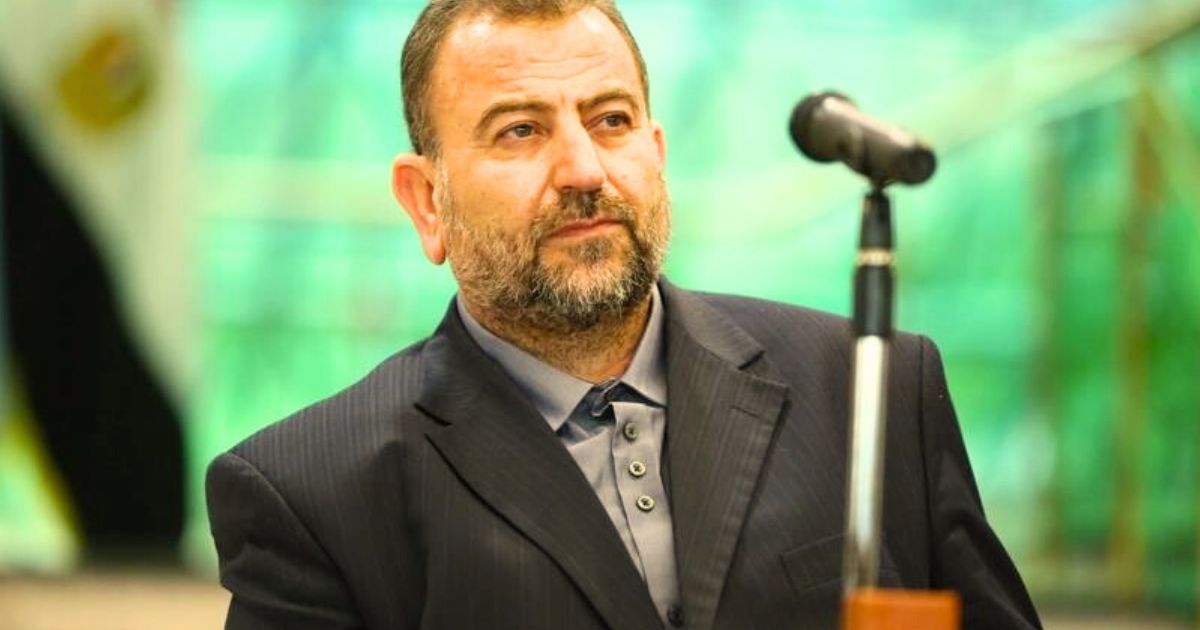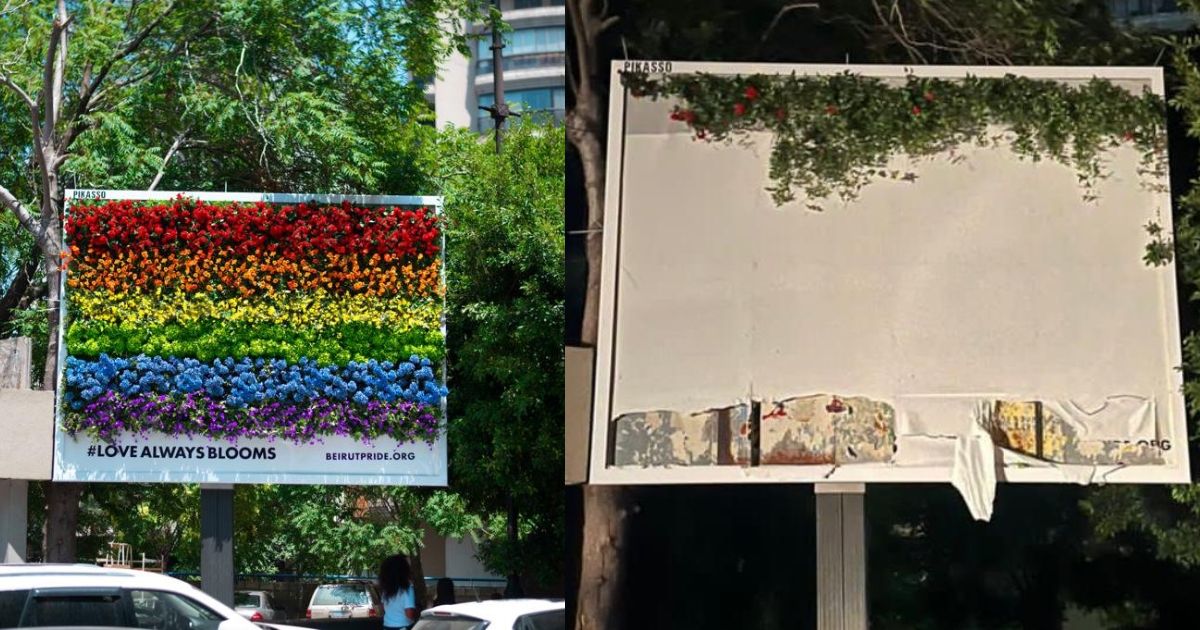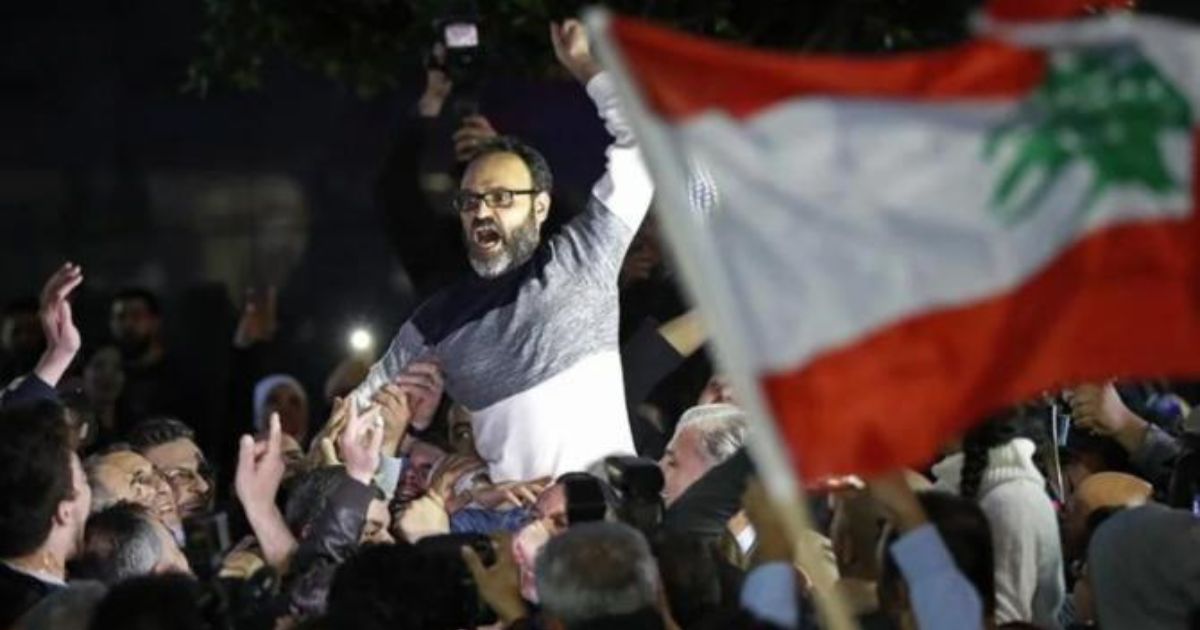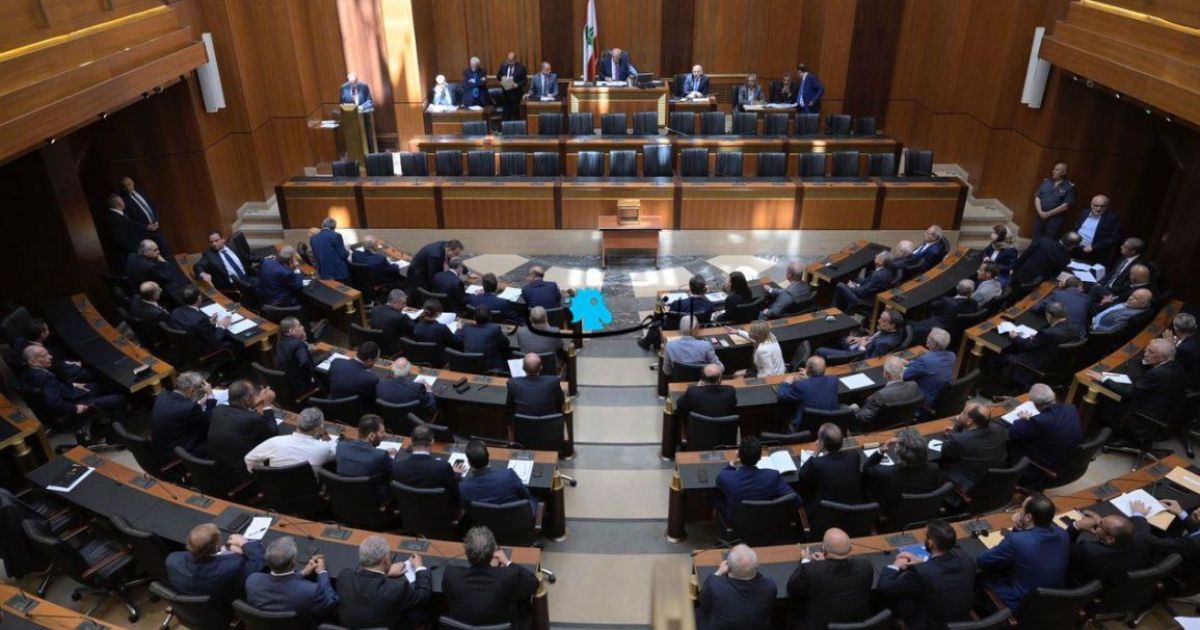Human Rights Watch (HRW) released a report on November 15th titled “There Is a Price to Pay” that explores the recent decline in the tolerance towards free speech in Lebanon.
The 122-page report dives deep into the way defamation and insult laws are being used in Lebanon by the political authority to silence critics and limit criticism.
The report states that powerful political and religious figures in Lebanon have increasingly used the country’s criminal insult and defamation laws against opposers of corruption, including demonstrators protesting Lebanon’s worsening economic and political situation.
Lebanese citizens charged with defamation and insult towards political figures can face up to 3 years of imprisonment.
Some of these laws have been unaltered since the Ottoman mandate period, and HRW urges the Lebanese Parliament to revoke these laws for their infringement on human rights and freedom of speech and expression.
Statistics in the report show that between January 2015 and May 2019, the Cybercrimes Bureau in Lebanon has investigated 3,599 cases relating to defamation, libel, and slander. Notably, the cases peaked before the May 2019 parliamentary elections.
The report continues that between 2015 and 2019, at least three individuals have received prison sentences.
“One of those individuals received 9 prison sentences in absentia in 9 different criminal cases filed against him by the same politician,” as per the HRW report.
Moreover, HRW had interviewed tens of defendants and lawyers in criminal defamation cases, and most of them said that they stopped criticizing the government after being released.
As per the defendants, the reason for the self-censorship was the intimidation they experienced resulting from the defamation cases.
Reporters, activists, and protesters are some of the people most targeted by politicians with criminal defamation and insult laws, due to their vocal opposition to corruption and suspicious political activity.
The latest example of activists being targeted is that of activist and social media figure Khaldoun Jaber, who was arrested during a protest in front of the presidential palace in Baabda and verbally and physically abused while in detention, according to Jaber.
In that regard, we urge all our Lebanese in the diaspora who have been vocal with their support of the revolution, and who intend to return to Lebanon these days, to read this Friendly Warning.

















